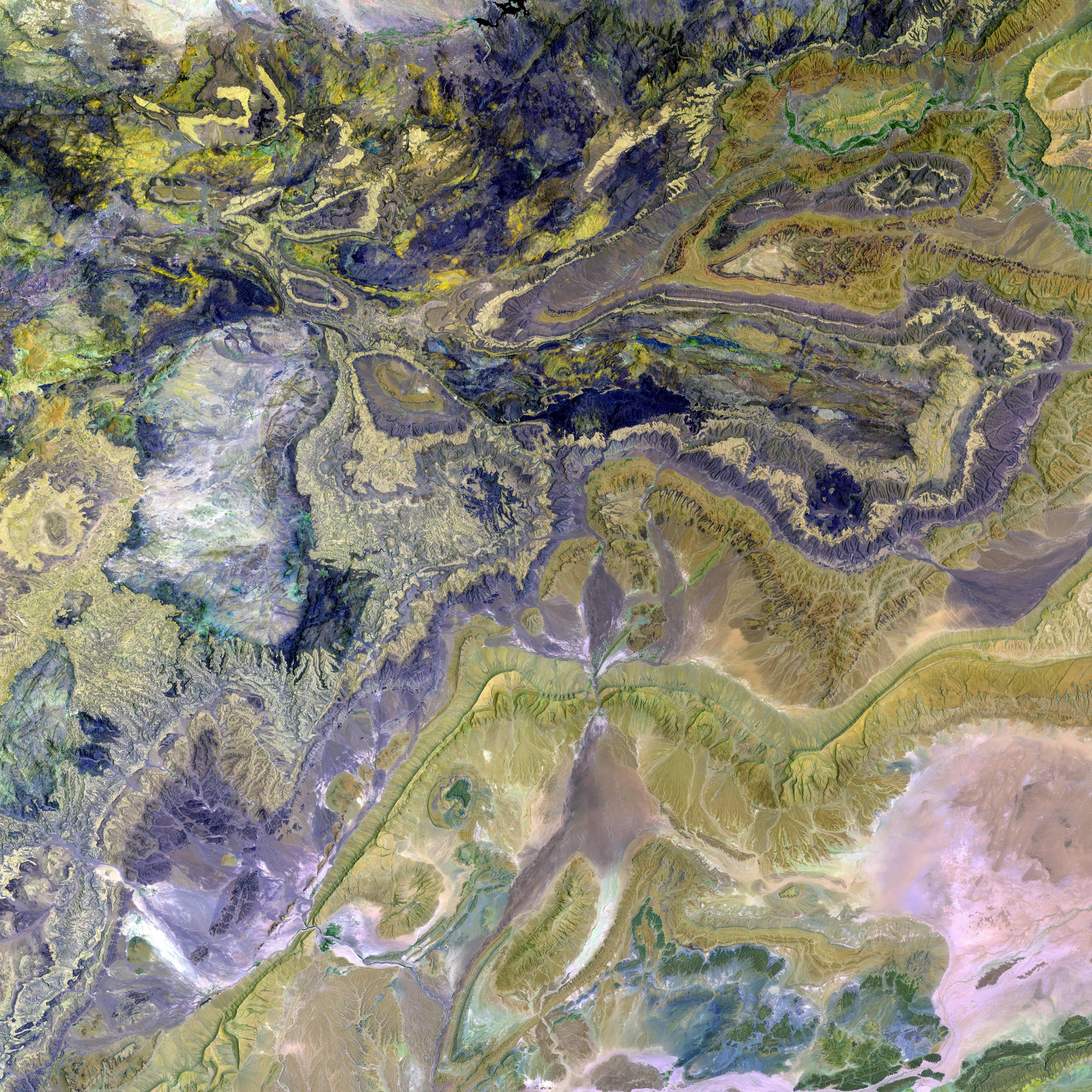Undetected Protectors: The Invisible Force Behind Pipeline Safety and Resilience
Pipelines, a vital part of our infrastructure, are often unnoticed until issues arise. A personal experience involving an oil leak from a creek several years ago served as a stark reminder of the vulnerabilities inherent in pipeline systems and the need for effective corrosion prevention measures. Now, technology is stepping up to address these concerns, fortifying what lies beneath our cities.
From innovative monitoring solutions to data analytics, the integration of modern innovations is revolutionizing pipeline maintenance. Smart monitoring technologies, such as automated sensors strategically placed along pipelines, track resource flow while detecting potential irregularities that may indicate early stages of corrosion. These cutting-edge sensors transmit real-time data, ensuring operators can respond swiftly.
Data analytics has also entered the pipeline maintenance fray, offering a new era in proactive and preventive approaches. By analyzing vast amounts of data collected from sensors, companies can use predictive analytics to evaluate trends and identify potential risks. This forward-thinking strategy aids in formulating robust strategies to strengthen pipelines against corrosion and potentially extend their lifespan.
Advanced materials like corrosion-resistant alloys and innovative coatings have drastically increased pipeline durability. Materials engineered to resist corrosion and adapt to changing environmental conditions have significantly reduced maintenance needs and potential risks associated with traditional pipeline materials. Some of these cutting-edge materials even possess self-healing abilities, representing a leap in environmental responsibility and efficient service delivery.
Lastly, it's essential to prioritize education and ongoing training for the workforce to effectively utilize these technologies. By equipping operators and engineers with the necessary knowledge, organizations can foster a future of safer and more efficient pipeline systems. In this way, they're not only investing in infrastructure but also cultivating a workforce that prioritizes sustainability and safety for future generations.
These advancements present a promising future for pipeline integrity, bringing us closer to a more secure and environmentally conscious world. By embracing these technologies, we're not only positioning ourselves for success in maintaining pipeline integrity but also fostering a culture of safety and sustainability that will benefit us all.
Much like the repercussions I experienced firsthand from pipeline failures, it's heartening to know that technology is actively working to protect our planet. Shed new light on the innovations reshaping our infrastructure and their implications by fully exploring their intricacies through the linked external resource below.
For more in-depth study on pipeline maintenance and its future, delve into the linked resources provided below:
[Insert External Resource Link Here]
[Insert Related Post Link Here]
- The integration of technology in pipeline maintenance is revolutionizing events in environmental-science, especially corrosion prevention, as smart monitoring technologies and data analytics provide innovative solutions that help detect potential irregularities and extend the lifespan of pipelines.
- In the realm of fashion and media, the advancements in pipeline technology, such as corrosion-resistant alloys and self-healing materials, are significant developments, embodying trends that prioritize sustainability and responsibility, prioritizing the needs of society and the environment.
- The beauty of these advancements lies not only in their technological prowess but also in their implications for climate-change, as more efficient and resilient pipeline systems help in reducing greenhouse gas emissions and mitigating risks associated with environmental disasters.
- This appreciation for science and its role in managing our infrastructure is apparent in the importance placed on data-and-cloud-computing, which allows for the swift transmission and analysis of vast amounts of data, enabling operators to make proactive and informed decisions and implement protective measures.
- Lastly, education and ongoing training for the workforce, as crucial components of these technological advancements, are essential to ensuring that the industry adapts to these changes, fostering a future where pipeline events are minimal and the focus remains on safety, efficiency, and sustainability.




